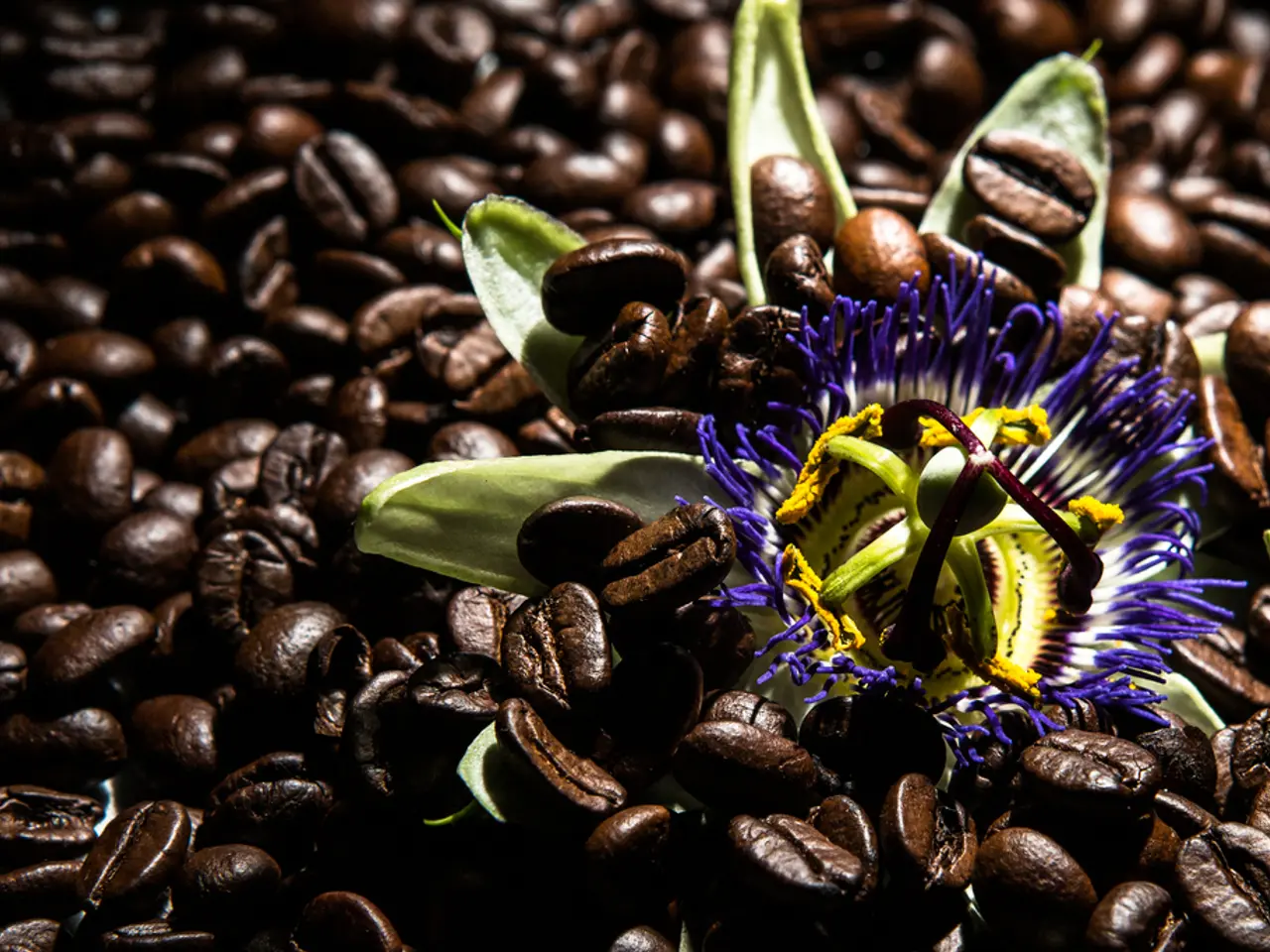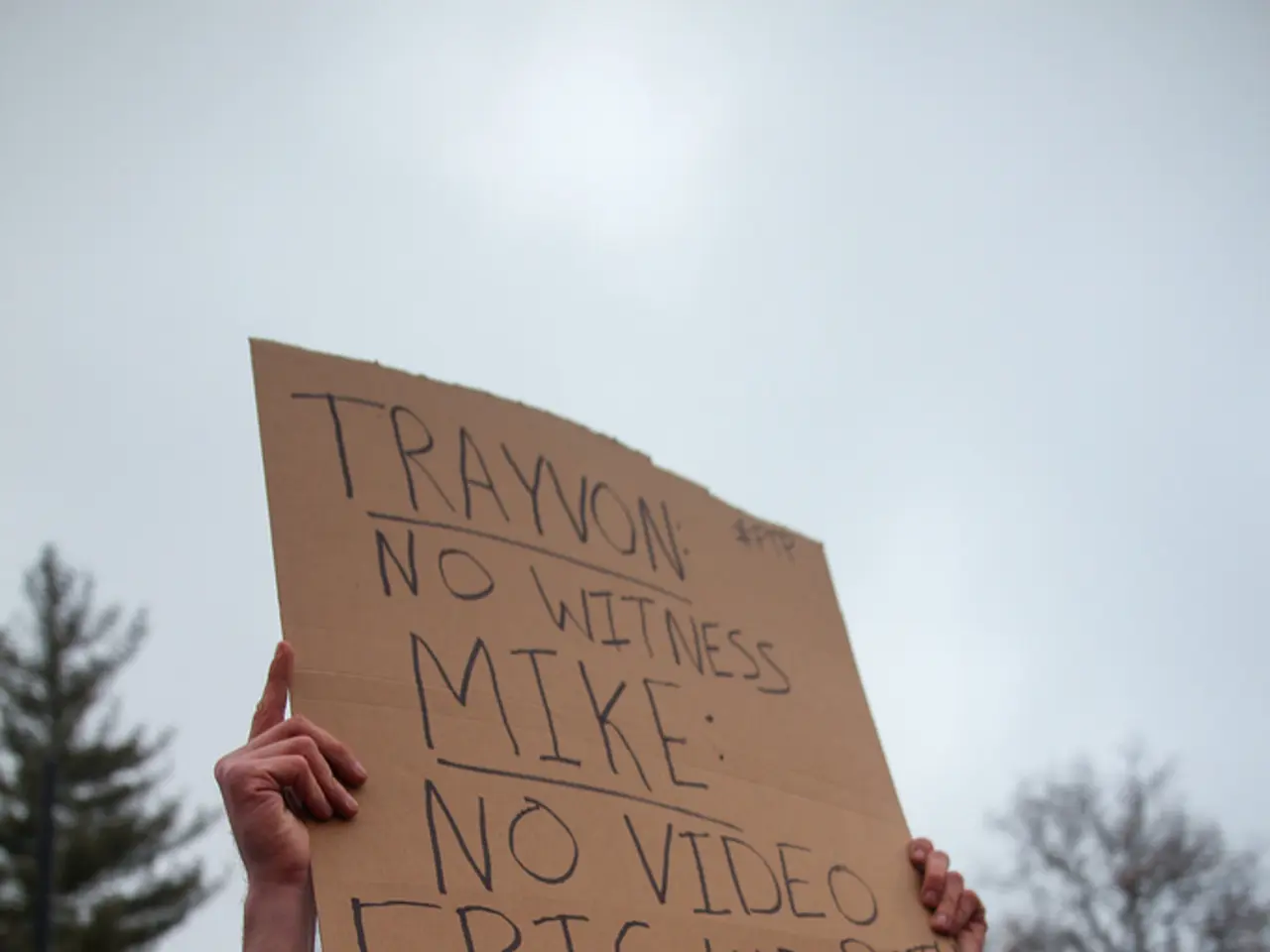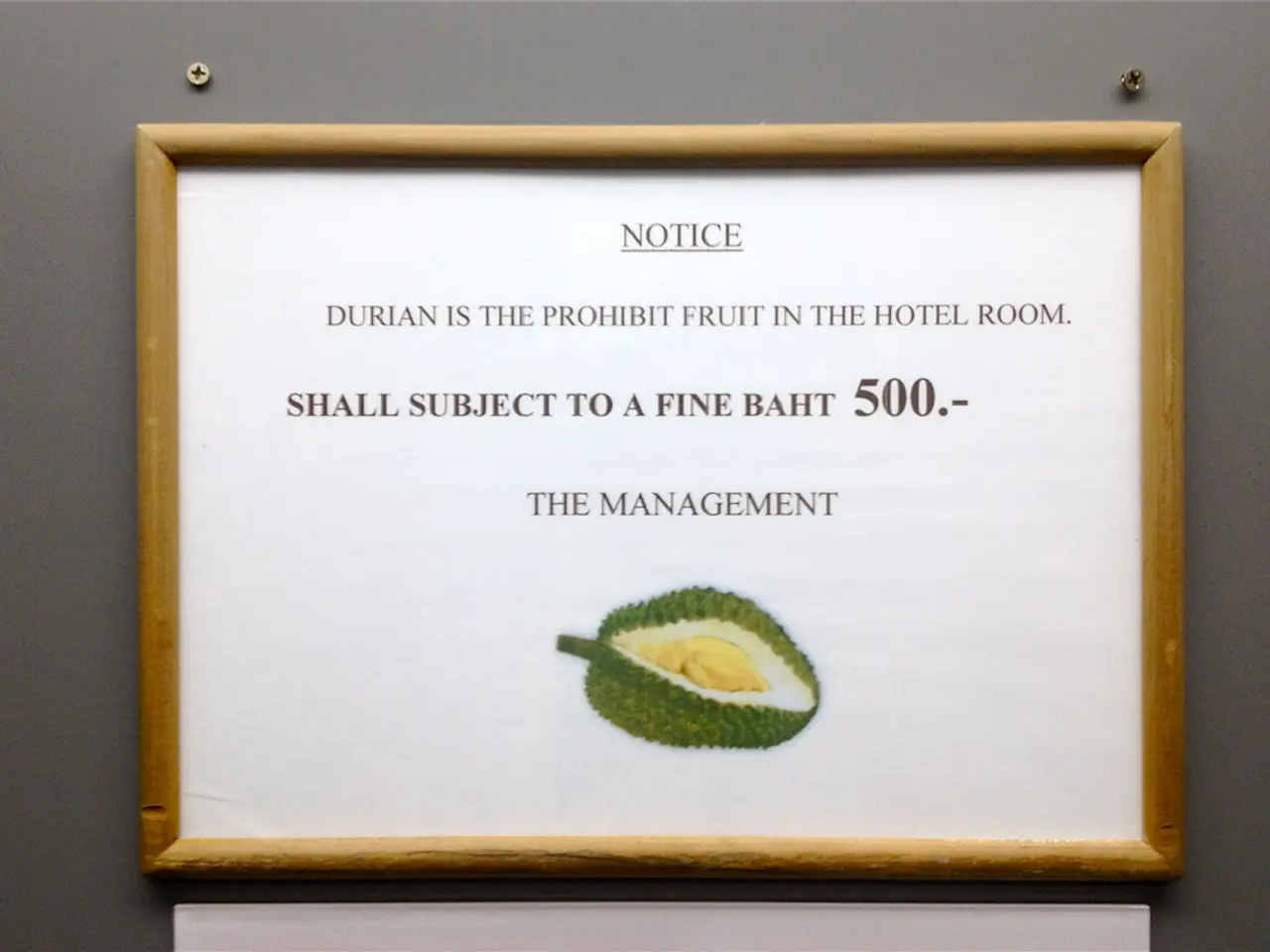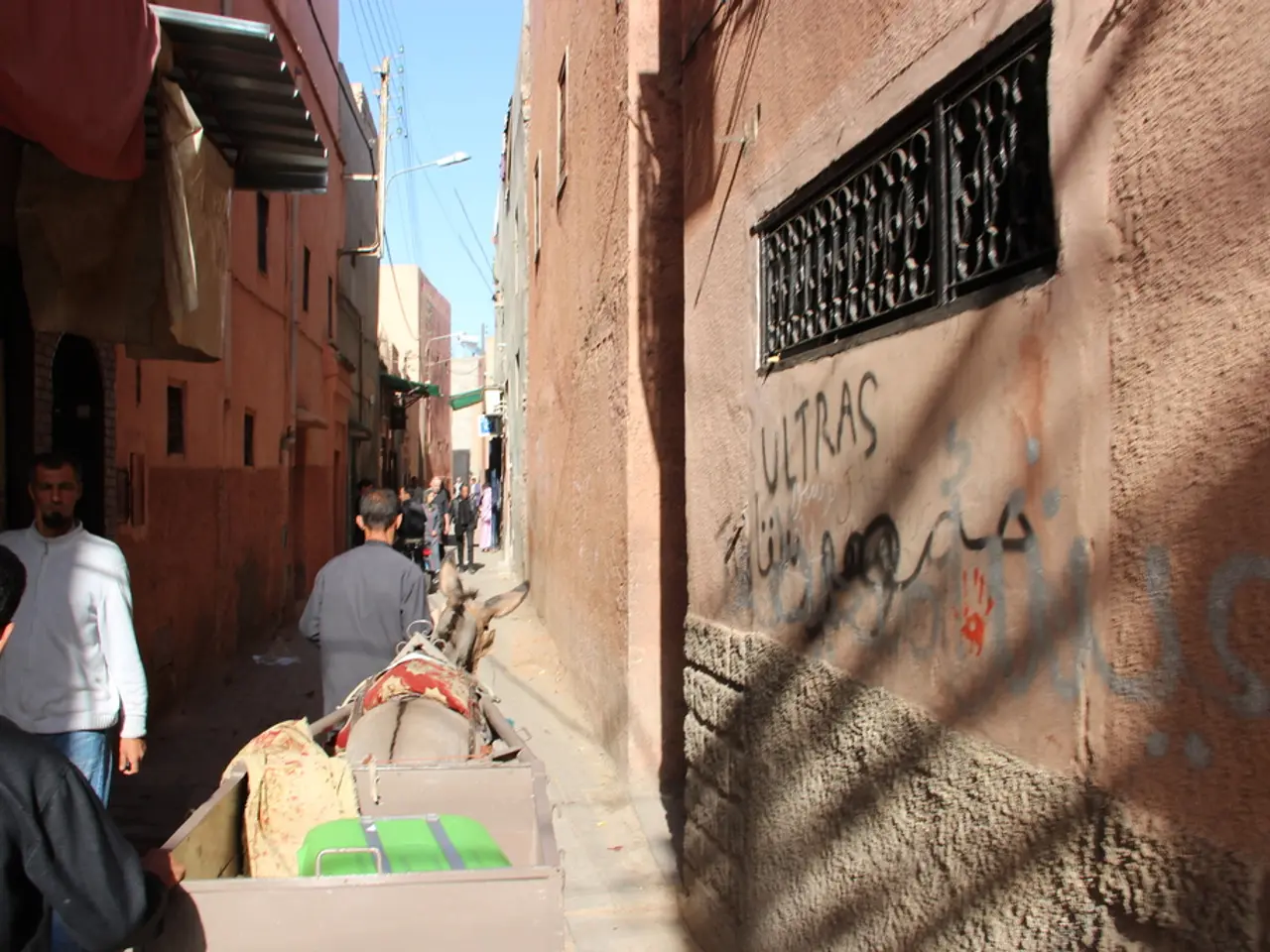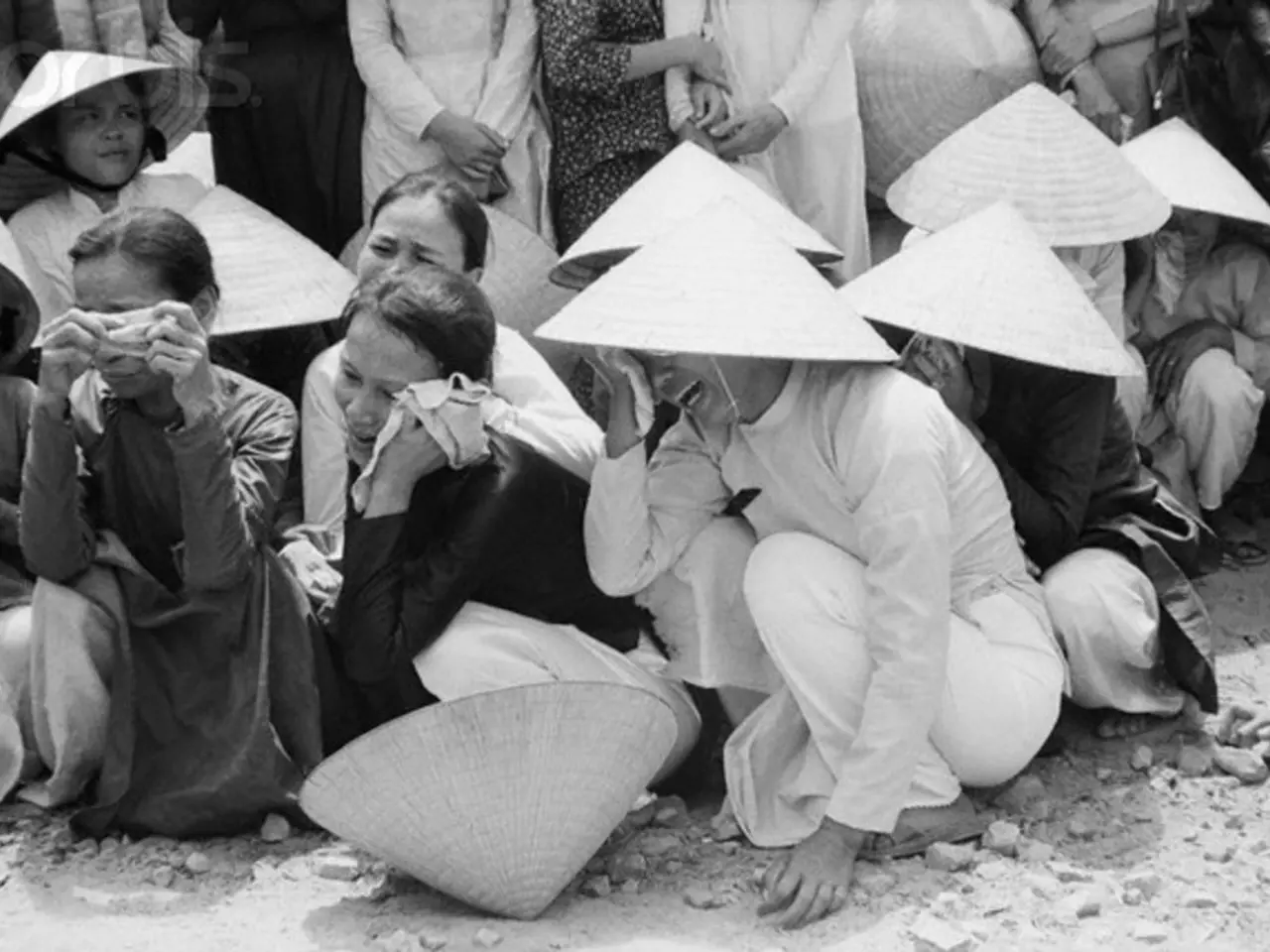Deepening Cooperation Opportunities for India and Brazil Amidst U.S. Tariffs: According to Brazilian Ambassador's Suggestions
Brazil and India are deepening their strategic partnership in response to escalating US tariff hikes, with a focus on defence, agriculture, renewable energy, technology, health, and industrial sectors. The aim is to reach $20 billion in annual trade by 2030.
The historic visit of Prime Minister Narendra Modi to Brazil for the BRICS Summit marked the first state visit in more than 20 years. The conversation between President Lula of Brazil and Prime Minister Modi centred around finding ways to turn economic challenges into opportunities for bilateral relations.
Energy cooperation is a significant aspect of this partnership, with a focus on renewable energy and biofuels. Brazil's advanced sugarcane ethanol and biodiesel ecosystem and India's push for increased ethanol blending through policy measures form the basis of this clean energy partnership. The Global Biofuels Alliance (GBA) underlines this partnership, serving both energy security and climate resilience goals.
Agriculture and food security are critical, given the impact of US tariffs on agricultural exports. Brazil's exports of sugar, vegetable oils, and oilseeds to India have grown strongly, and this sector remains a priority for trade expansion. Brazil is ready to export basic staples like pulses and edible oil to India to contribute to food security, and there is also potential for technological cooperation in agriculture.
Defence and security cooperation is another pillar for strategic partnership enhancement. Plans are already underway for ministerial visits and business delegations to boost joint activities in this sector.
Digital transformation and emerging technologies, including virtual payment platforms and digital inclusion, are targeted for collaboration to modernize and expand industrial and technological ties.
Health sector cooperation is also a focus, fitting into the broader agenda of people-to-people ties and responding to global challenges together.
The cooperation framework aligns with both countries’ BRICS membership and broader South-South cooperation strategies aimed at multilateralism and mutual economic development amid rising protectionism from the US.
In the last two years, there were 77 business missions from Brazil to India and 40 plus from India to Brazil, indicating burgeoning business relations. Brazil is open to negotiations with the United States regarding economic aspects of President Trump's actions towards Brazil, but there are certain things that are not negotiable.
Brazil is focusing on finding ways to work closer with India to guarantee their economic growth and resilience in the current uncertain geopolitical environment. The sectors that will define India-Brazil ties going forward include energy, fossil energy and renewable energy, agriculture, defence, pharmaceuticals, and Digital Public Infrastructure (DPIs).
Brazil supports international law and respect for the multilateral trading system, as evidenced by its submission of a declaration on US violations of the multilateral trading system. Brazil's Ambassador to India, Kenneth Felix Haczynski Da Nobrega, stated that India and Brazil are working to turn current global economic challenges, especially tariff hikes imposed by the US, into new opportunities for deeper bilateral cooperation.
Embraer, Brazil's aviation airplane maker, has opened a full-fledged office in New Delhi. The leaders of India and Brazil, Lula and Modi, had a recent call and are focussed on charting a long-term strategic road map despite uncertainties in global trade. The impact of PM Modi's visit to Brazil was significant, as evidenced by the media coverage of the visit.
The leaders of India and Brazil, Lula and Modi, are focusing on finding ways to work closer with each other to ensure economic growth and resilience in the current geopolitical environment, particularly in the sectors of energy, agriculture, defence, pharmaceuticals, and Digital Public Infrastructure (DPIs).
In an effort to tackle global economic challenges, such as US tariff hikes, India and Brazil are working together to turn these obstacles into opportunities for deeper bilateral cooperation, as evidenced by the establishment of the Global Biofuels Alliance (GBA) and the growing trade in sectors like agriculture, such as Brazil's potential exports of pulses and edible oil to India.
